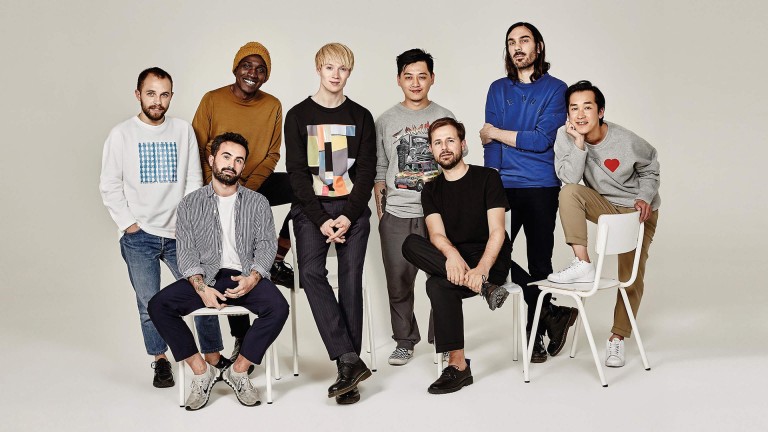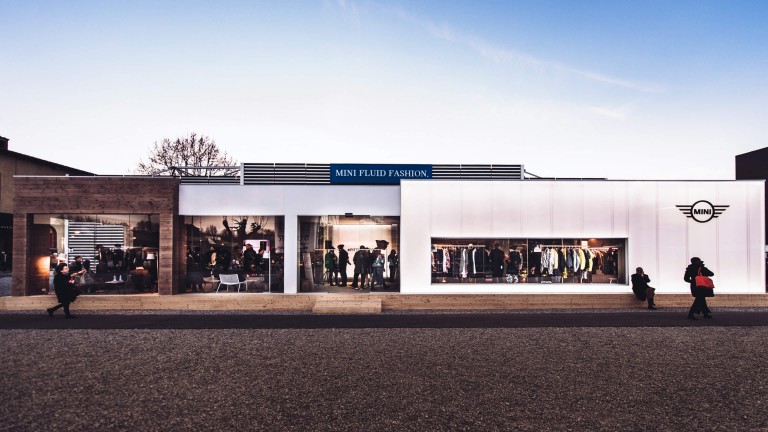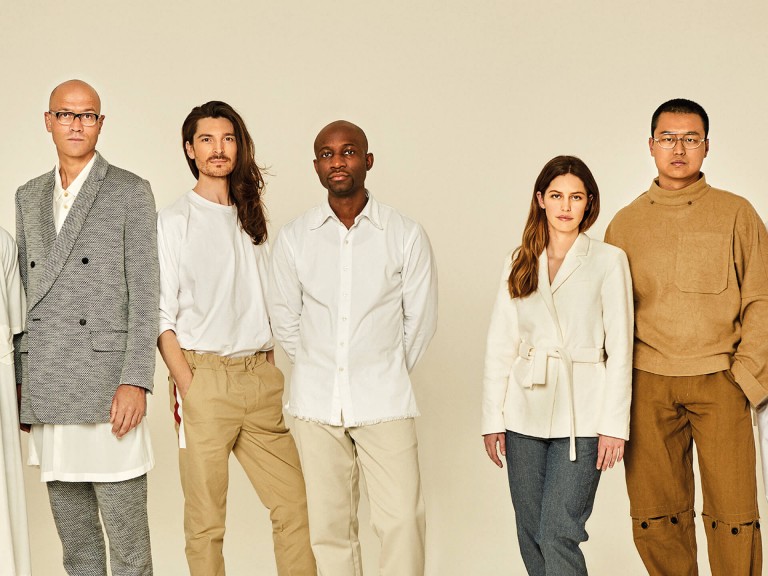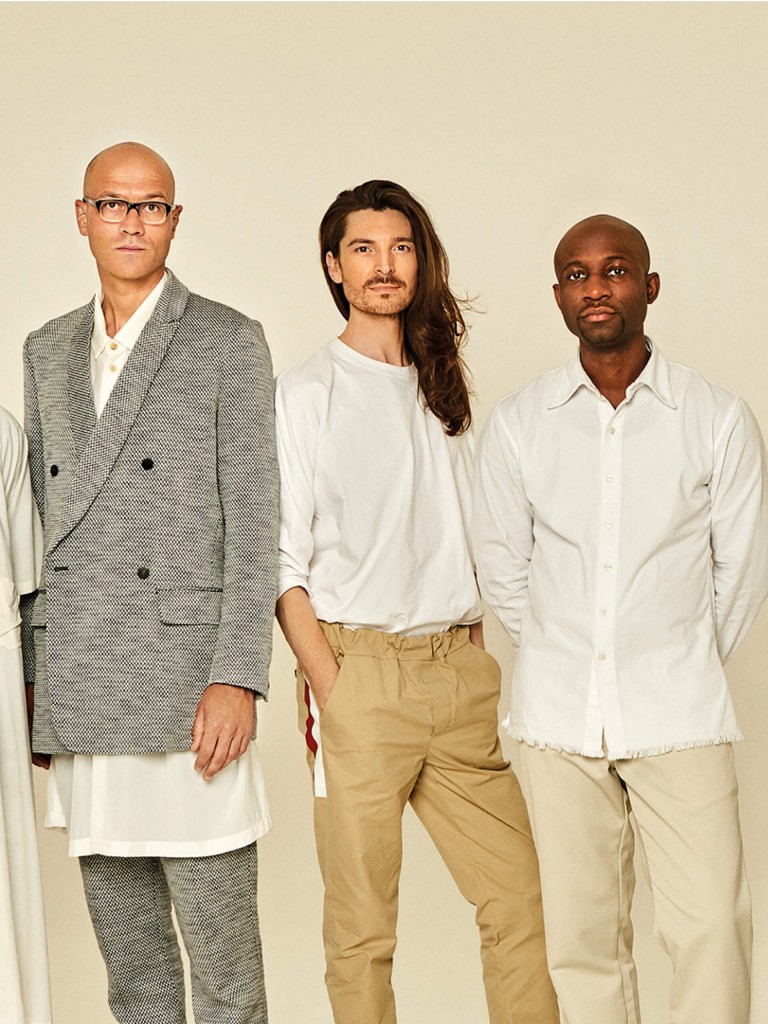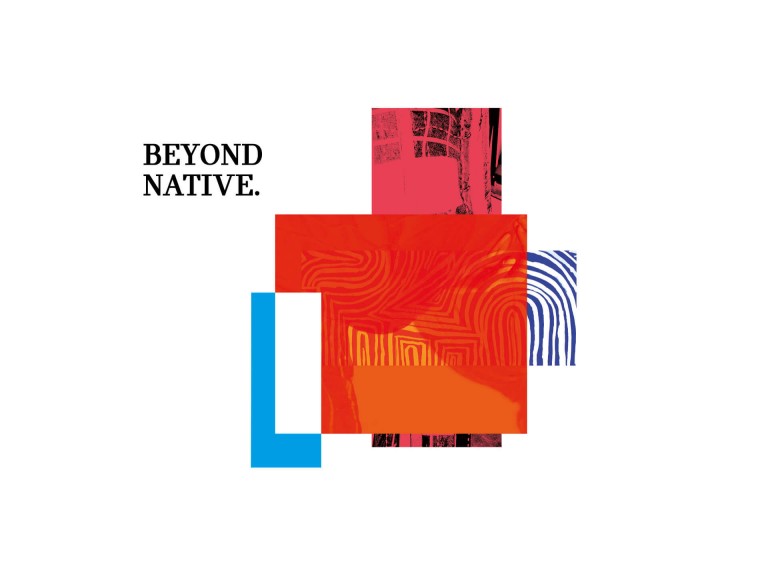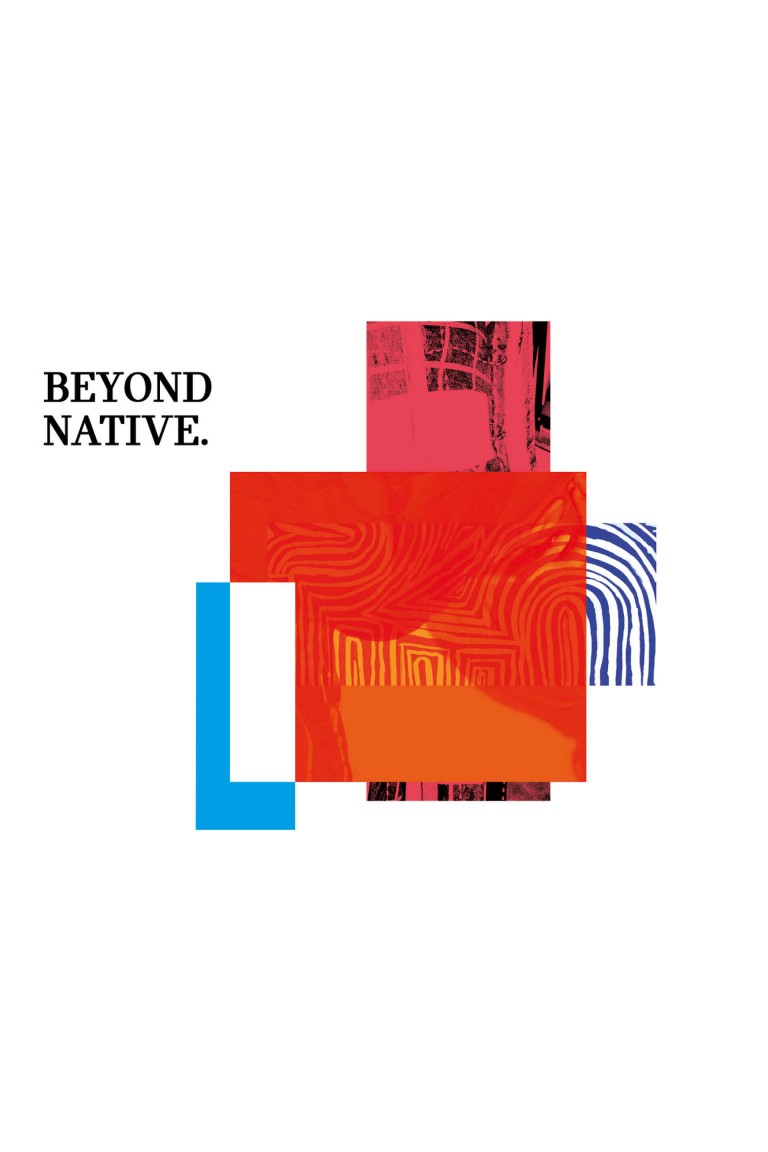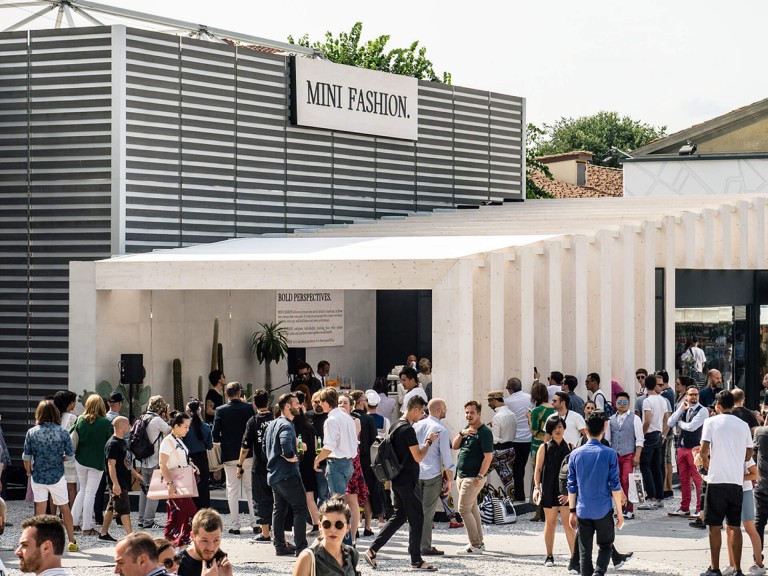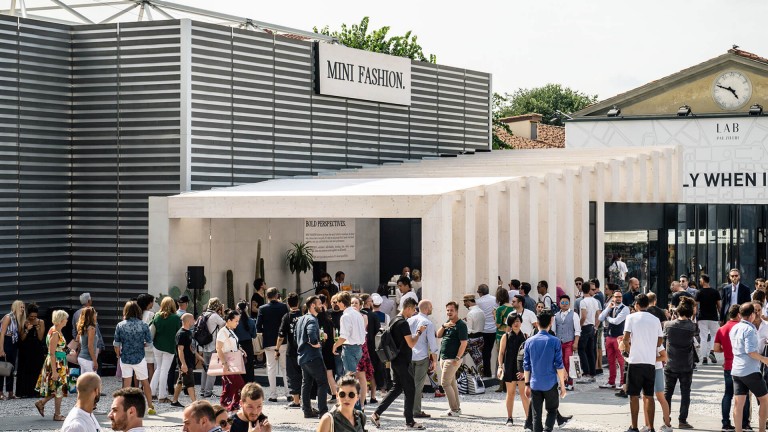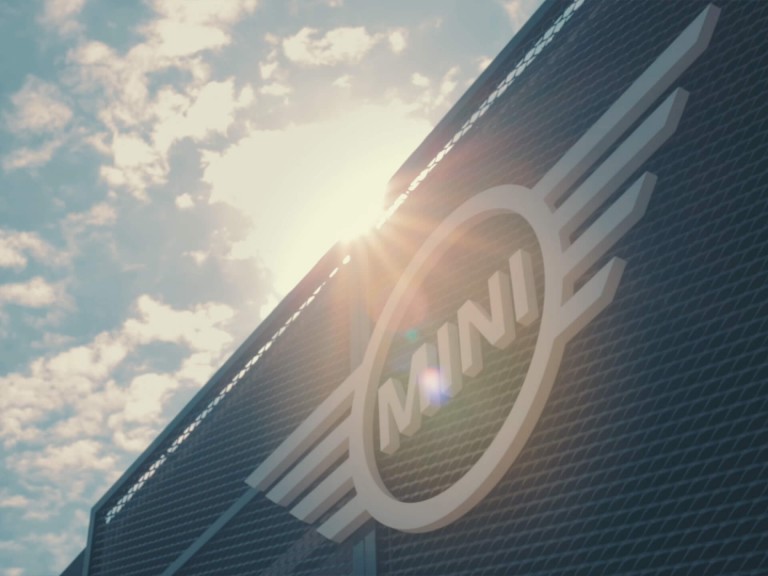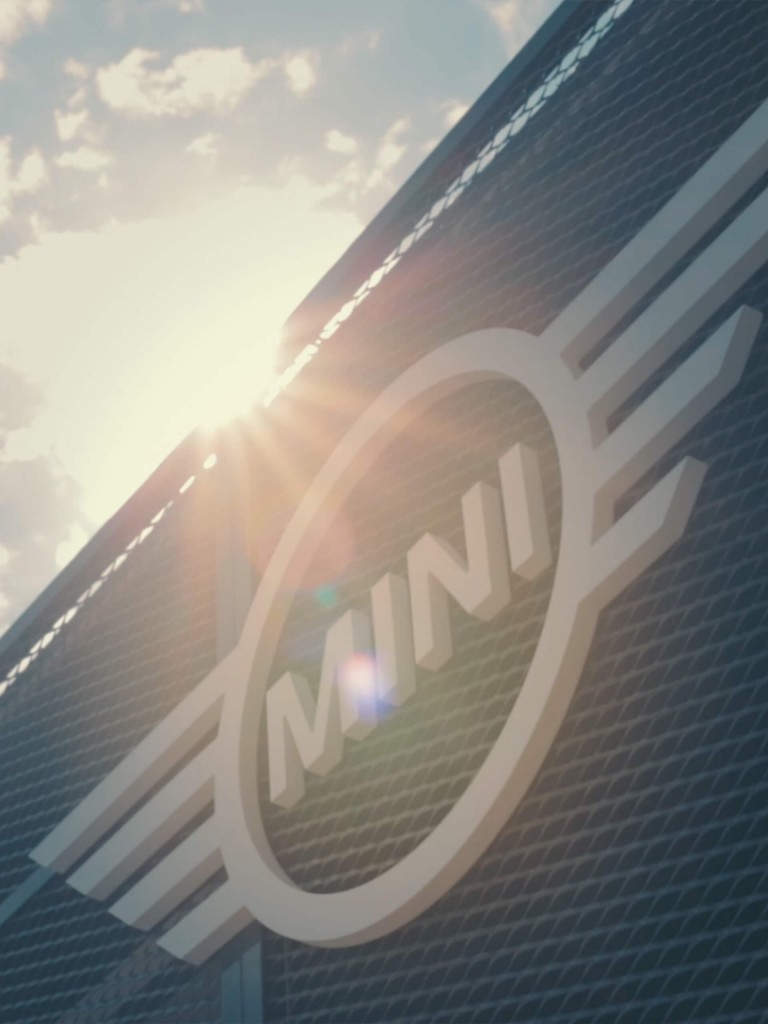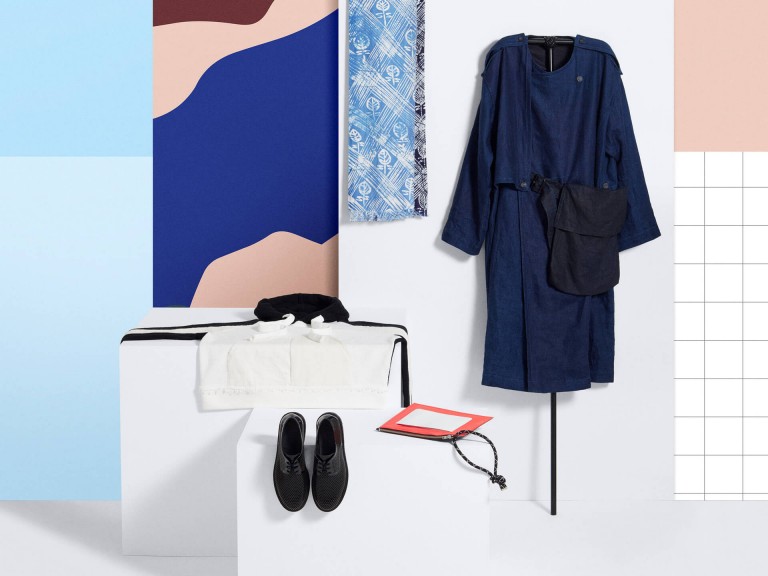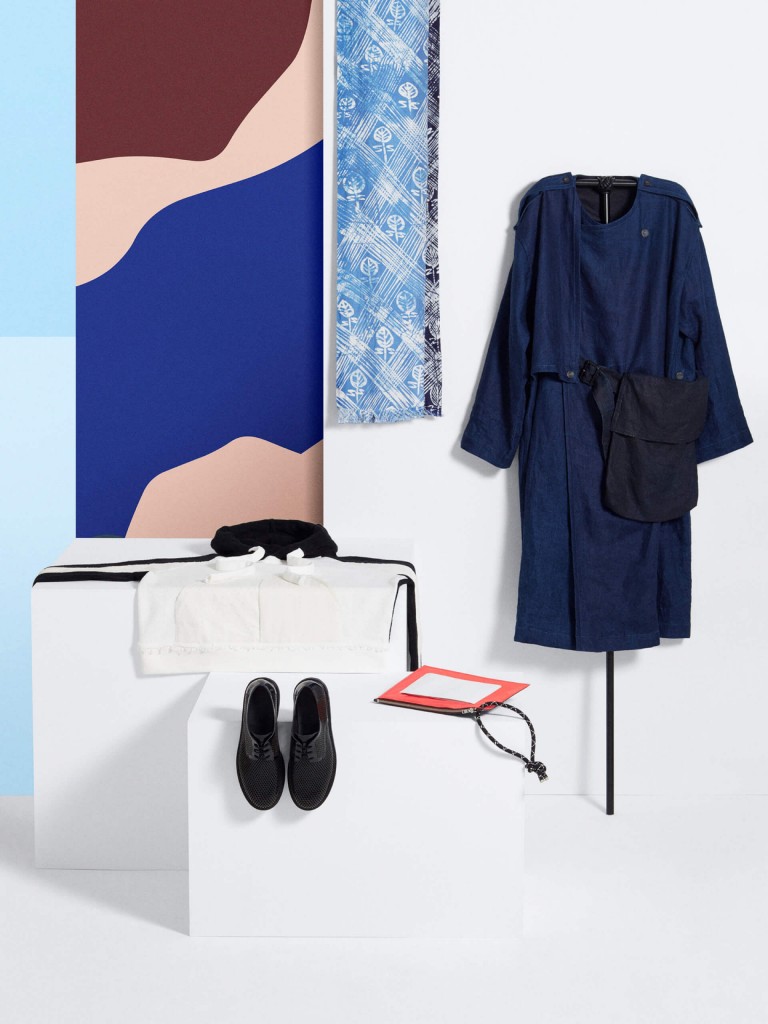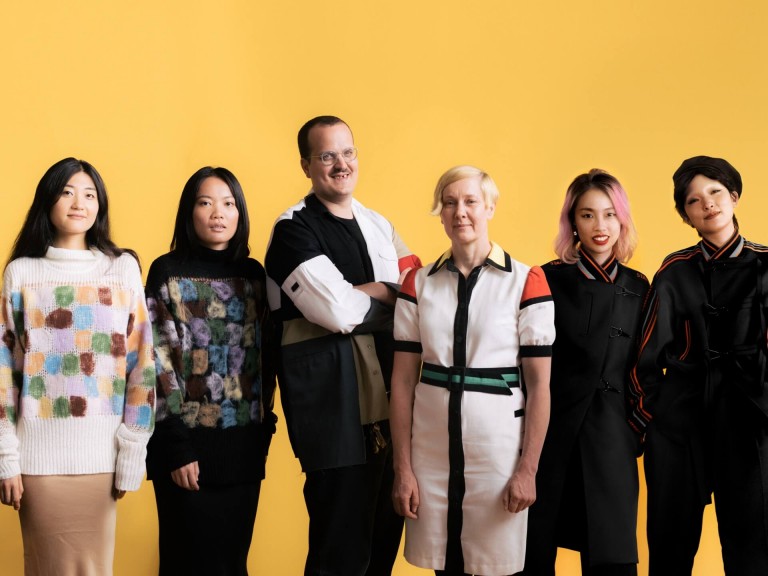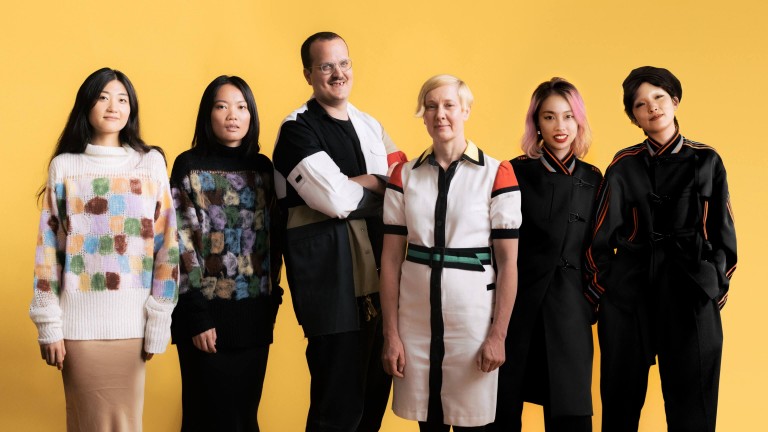Our tool for managing your permission to our use of cookies is temporarily offline. Therefore some functionality is missing.
Pitti Uomo 92 - 2017

CREATIVE FRICTION.
The clash of Heimat and Fernweh can transform the way we look at the world.
The German word ‘Heimat’ can be translated as 'home'. But it includes far more than the place you renovate every couple of years, and even more than your homeland or heritage. Heimat is a mental and emotional engine, fuelled by memory and vision, a desire with the power to shift paths—that is, if you don't hold on to it.
Heimat is not an entity that is handed out for free. From the moment we are born, we seek, create and construct it in various ways.
Familiarity can play a key part in this. That’s why childhood memories can induce a feeling of Heimat. Memories of an apartment, a house, a village, a city. How we were running through the streets, watching the sky, climbing trees and hills, smelling the wet pavement or new-mown hay. These sensations can shape our character. At the same time, it is characteristic that we do not recognize their full potential while experiencing them. The things we are most familiar with reveal themselves to the highest degree just as we leave them behind.
That is why we have to get out to grasp what Heimat really means. And, of course, familiarity can feel constraining sometimes. Like a trap, permanently repeating the same things over and over again. One natural answer to this is ‘Fernweh’. The German word means the yearning to travel, to go out and discover difference. Although one could imagine Fernweh to be opposed to Heimat, the two phenomena relate closely. Because only confronting oneself with difference, with odd, unknown and unfamiliar settings, will crystallize the essence of what Heimat really implies.
ALTHOUGH ONE COULD IMAGINE FERNWEH TO BE OPPOSED TO HEIMAT, THE TWO PHENOMENA RELATE CLOSELY.
Fernweh will lead to unknown experiences. Friction is created between the new sensations and the memory of Heimat. Gaps open up, interstices that leave room for revaluation. The clash of Heimat and Fernweh resembles a resonance chamber: both concepts begin to swing in an integrative rhythm. When done right, they even cross-fertilize and transform the way we look at the world. Views that seemed self-evident suddenly turn out to just have blurred one’s vision.
When confronted with Fernweh, one can not underestimate the creative potential of Heimat. The experiences we make and the desires that we project onto it eventually turn into a part of ourselves. A part that influences all new experiences yet to come.
Heimat and Fernweh do not necessarily have to determine our lives. But, lived right, they have the potential to do so. If we consciously hand ourselves over to both of them, they allow us to define who we are and how we want to live.
WHEN CONFRONTED WITH FERNWEH, ONE CAN NOT UNDERESTIMATE THE CREATIVE POTENTIAL OF HEIMAT.
About
Robin Droemer is a journalist and philosopher with a focus on theories of justice and responsibility. As a son of a German mother and Seychellois father, questions of heritage and identity have accompanied him for most of his life.

